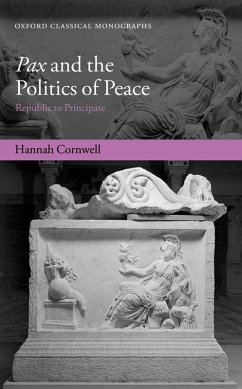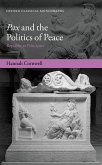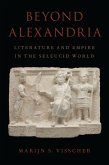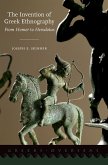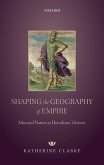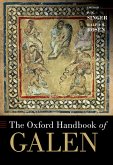Perhaps in defiance of expectations, Roman peace (pax) was a difficult concept that resisted any straightforward definition: not merely denoting the absence or aftermath of war, it consisted of many layers and associations and formed part of a much greater discourse on the nature of power and how Rome saw her place in the world. During the period from 50 BC to AD 75 - covering the collapse of the Republic, the subsequent civil wars, and the dawn of the Principate-the traditional meaning and language of peace came under extreme pressure as pax was co-opted to serve different strands of political discourse. This volume argues for its fundamental centrality in understanding the changing dynamics of the state and the creation of a new political system in the Roman Empire, moving from the debates over the content of the concept in the dying Republic to discussion of its deployment in the legitimization of the Augustan regime, first through the creation of an authorized version controlled by the princeps and then the ultimate crystallization of the pax augusta as the first wholly imperial concept of peace. Examining the nuances in the various meanings, applications, and contexts of Roman discourse on peace allows us valuable insight into the ways in which the dynamics of power were understood and how these were contingent on the political structures of the day. However it also demonstrates that although the idea of peace came to dominate imperial Rome's self-representation, such discourse was nevertheless only part of a wider discussion on the way in which the Empire conceptualized itself.
Dieser Download kann aus rechtlichen Gründen nur mit Rechnungsadresse in A, B, BG, CY, CZ, D, DK, EW, E, FIN, F, GR, HR, H, IRL, I, LT, L, LR, M, NL, PL, P, R, S, SLO, SK ausgeliefert werden.

